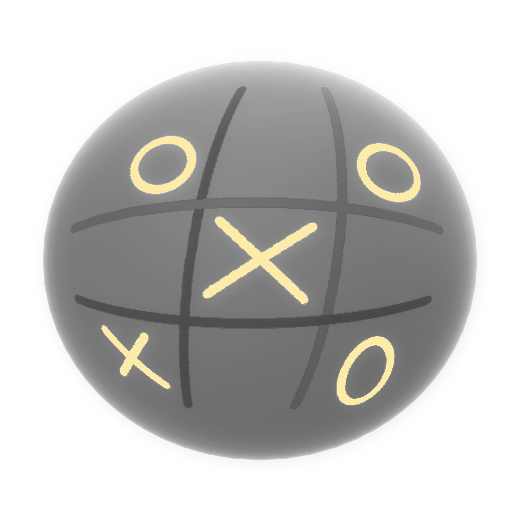Plato often discusses the father-son relationship and the question of whether a father's interest in his sons has much to do with how well his sons turn out. Ancient sources describe him as a bright though modest boy who excelled in his studies. Plato's quickness of mind and modesty as a boy, and the "first fruits of his youth infused with hard work and love of study". His father contributed all which was necessary to give to his son a good education, and, therefore, Plato must have been instructed in grammar, music, and gymnastics by the most distinguished teachers of his time. "Platonism" and its theory of Forms (or theory of Ideas) denies the reality of the material world, considering it only an image or copy of the real world. The theory of Forms is first introduced in the Phaedo dialogue (also known as On the Soul). According to this theory of Forms, there are at least two worlds: the apparent world of concrete objects, grasped by the senses, which constantly changes, and an unchanging and unseen world of Forms or abstract objects, grasped by pure reason (λογική), which ground what is apparent. It can also be said there are three worlds, with the apparent world consisting of both the world of material objects and of mental images, with the "third realm" consisting of the Forms. Thus, though there is the term "Platonic idealism", this refers to Platonic Ideas or the Forms, and not to some platonic kind of idealism, an 18th-century view which sees matter as unreal in favor of mind. For Plato, though grasped by the mind, only the Forms are truly real. In Vedanta, Atma Buddha - The Soul and Mind Connection, where the Buddhi, the high intellect contains forms. Opposite of Buddhi is appetite, where Soul holds the balance, when to reason, and when to eat. Hence fasting is recommended, to get closer to the buddhi, a high state of enlightenment. In the present moment. Meditating with Plato and receive, through dream channels, doors to the heavens.


 Shop Ventures NFT
Shop Ventures NFT